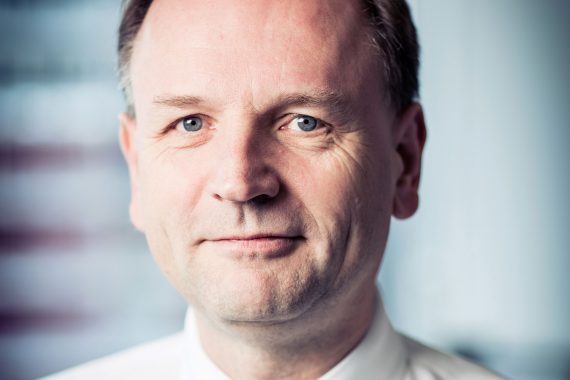Government long-term plan to increase primary care funding by £4.5bn

Primary and community care will receive a £4.5bn funding boost by 2023/24 as part of the NHS long-term plan, the Government has announced.
This is £1bn more than the £3.5bn pledged in November, which Prime Minister Theresa May said would be used to ensure more patients are cared for at home and in the community, rather than in hospitals.
The long-awaited plan, which will set out how the Government will spend a £20.5bn funding boost for the NHS, is due to be published today.
NHS England said it would mark ‘the first time in the NHS’ 70-year history when there will be a new guarantee that investment in primary, community and mental health care will grow faster than the growing overall NHS budget’.
‘This will fund a £4.5bn new service model for the 21st century across England, where health bodies come together to provide better, joined up care in partnership with local government,’ it said.
NHS England said the long-term plan will also:
- Open a digital ‘front door’ to the health service, allowing patients to be able to access health care at the touch of a button and offering digital GP appointments for all;
- Provide genetic testing for a quarter of people with dangerously high inherited cholesterol, reaching around 30,000 people;
- Give mental health help to 345,000 more children and young people through the expansion of community based services, including in schools;
- Use cutting edge scans and technology, including the potential use of artificial intelligence, to help provide the best stroke care in Europe with over 100,000 more people each year accessing new, better services;
- Invest in earlier detection and better treatment of respiratory conditions to prevent 80,000 hospital admissions and smart inhalers will be piloted so patients can easily monitor their condition, regardless of where they are;
- Ensure every hospital with a major A&E department has ‘same day emergency care’ in place so that patients can be treated and discharged with the right package of support, without needing an overnight stay.
NHS England chief executive Simon Stevens said the plan ‘keeps all that’s good about our health service and its place in our national life. It tackles head-on the pressures our staff face. And it sets a practical, costed, phased route map for the NHS’s priorities for care quality and outcomes improvement for the decade ahead’.
BMA GP committee chair Dr Richard Vautrey said: ‘While the Government has all but given up on reaching its earlier target of reaching 5,000 new GPs by 2020, this renewed commitment from NHS England to increase the number of family doctors treating patients in their communities is an important one – and is an area that must continue to be a priority.’
BMA chair Dr Chaand Nagpaul added: ‘The BMA has for a long time been calling for increased investment in general practice and community care so the announcement of £4.5bn extra funding will be a welcome boost for GP services though we await further detail on how this will actually be delivered.’
But Londonwide LMCs chief executive Dr Michelle Drage warned that the investment needs to go ‘directly’ into GP frontline care, instead of being caught up in bureaucracy.
She said: ‘The Government’s decision to prioritise investment in general practice is an important step to easing the pressures created by decades of under-funding. If the NHS is to be sustainable it needs GPs and practice teams to be properly resourced to do what they do best: keeping people healthy in their communities, so fewer of them need hospital care.
‘London’s GPs must now see investment going directly into frontline care, rather than having it split up into different funds with bureaucratic application processes, as has too often been the case in the past.’
Long-term plan announcements so far
In June, the Government announced the NHS would recieve a £20.5bn funding boost by 2023/24, which would be spent according to a long-term plan.
As part of this, Prime Minister Theresa May then pledged £3.5bn in real terms annual funding for primary and community care, in November last year, which she said would be used to ensure that more patients are cared for at home and in the community, rather than in hospitals.
Ms May also said the money should be used to set up rapid-response teams of GPs, nurses and physiotherapists to provide urgent care in the community, and assign healthcare professionals to care homes to provide tailored treatment and offer emergency out-of-hours care.
Other previous announcements made include:
Pulse July survey
Take our July 2025 survey to potentially win £1.000 worth of tokens













